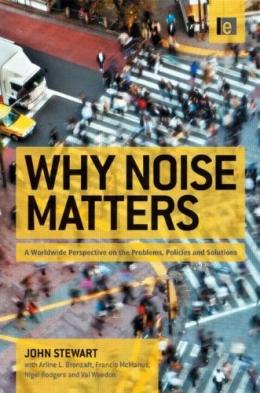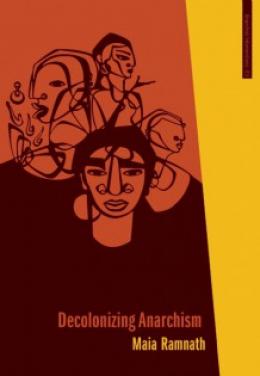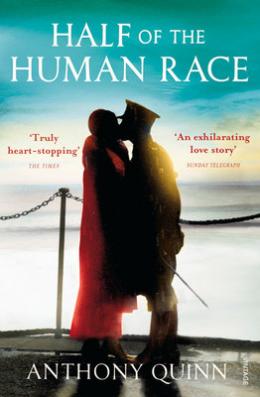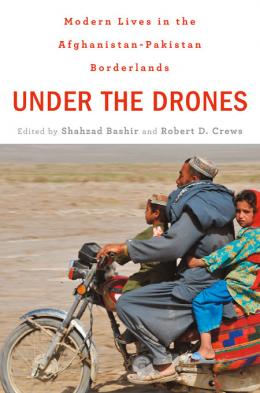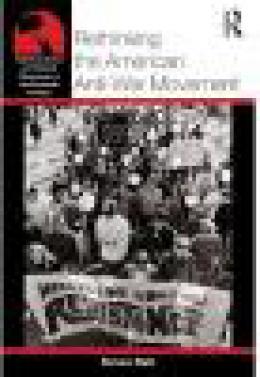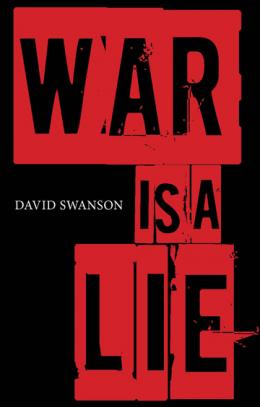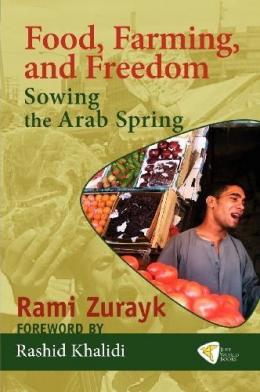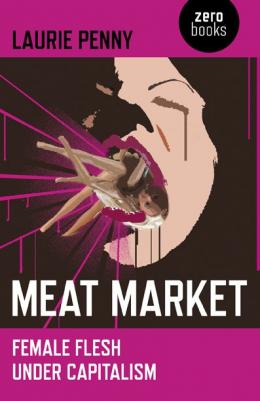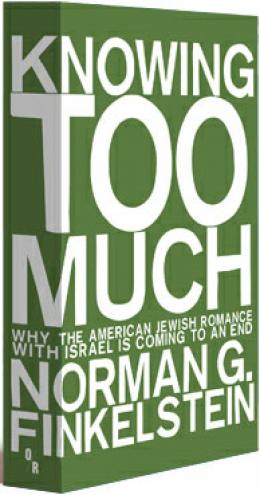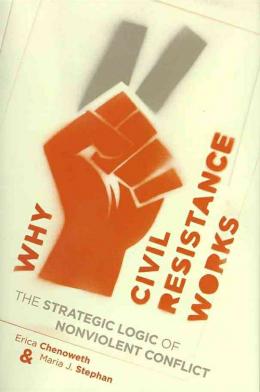Noise is one of the most versatile of afflictions. Each of the three components of noise – pitch, volume and duration – might create only marginal discontent but together they form an unavoidable menace.
It might be said too that noise is highly subjective. Aircraft noise is one thing but there are people who are disturbed by church bells and ticking clocks. Often a vague humming noise is enough to drive many to distraction. Finally, there are people who cannot adjust to the silence of the countryside.
This well-researched book…


